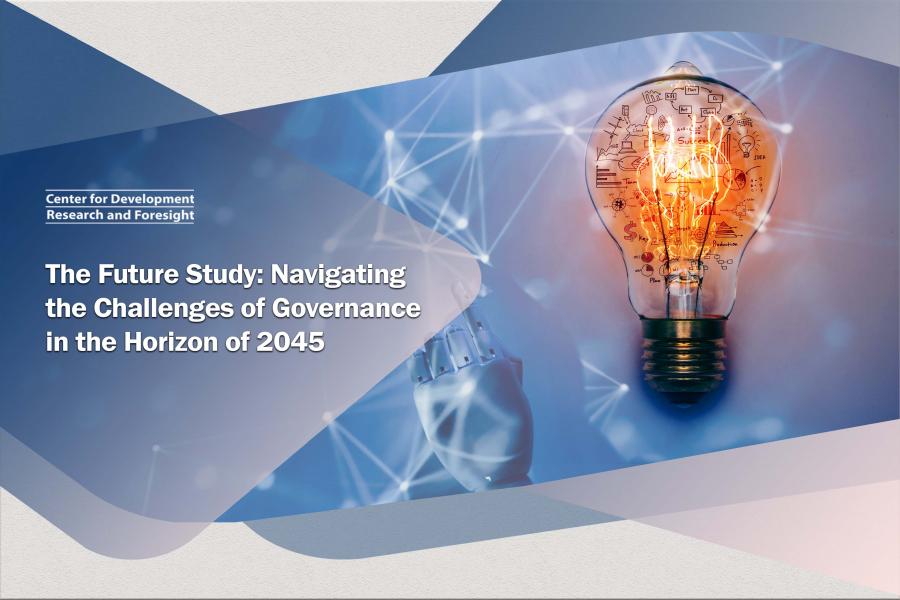
-
بررسی آییننامهها و دستورالعملهای برنامه هفتم پیشرفت
-
بررسی عوامل موثر بر افزایش تصادفات و تلفات جادهای و سوانح رانندگی و دادهکاوی تلفات انسانی
-
سازماندهی و بازآرایی فضایی آموزش عالی کشور
-
به روز رسانی سند ملی آمایش سرزمین
-
انجام مطالعات مناطق آزاد به عنوان نواحی پیشران اقتصادی کشور
-
اصلاح ساختار بودجه و پیاده سازی نظام یکپارچه مدیریت اطلاعات مالی دولت (IFMIS)

Spatial Planning has been characterized as a means of reclaiming land and asserting sovereignty, essentially establishing it as a category of governance and policy-making. As such, it represents a continuous evolution of governance approaches. The Spatial Planning document draws upon inputs from the political realm and public policies, culminating in a national document that serves as a public policy notification.
Given that governance is the primary institution established by a society to overcome existing challenges and achieve desired outcomes, the government's utilization of the national spatial planning document fulfills a distinctly governance-oriented function. This functional affinity necessitates careful consideration of governance processes when selecting tools, including the national spatial planning document, for long-term use.
The future trajectory of governance, particularly in the data era, does not directly influence the document's content but does impact expectations. Effective utilization of the national spatial planning document also necessitates governmental arrangements in terms of institutionalization and legal requirements for the necessary oversight and guarantees to ensure the implementation of the document's recommendations.
Therefore, this report commences with an examination of the general aspects of governance, including Foucault's perspectives on government and governance, its position within public policy and development literature, as well as recent discussions surrounding the impacts and consequences of technological advancements on public perceptions of realities and representative democracy. The world in the data era is poised for significant transformations at the governance level, and the implications of these changes should be elucidated in the context of developments in new era governance.
The governance paradigm as a development framework is also explored in this study. This paradigm offers several advantages over preceding development paradigms. It is grounded in the recognition of the role played by institutions in shaping the behavior of individuals and organizations, consequently adopting more realistic assumptions about individual and organizational behavior compared to the classical paradigm.
The subsequent section presents six key drivers of governance change: demographic drivers, social drivers, economic drivers, digital drivers, transformational drivers, and technological and cyber-physical drivers. These drivers collectively contribute to seven major changes: a shift in the government's role from solution provider to rehabilitator; the provision of personalized services; distributed governance; smart and data-driven government; alternative government financing mechanisms; real-time citizen services; and new foundations for national prosperity and success.
Finally, the concluding section focuses on open government and open data, emphasizing the role of data in governance developments. The creation of a prosperous society necessitates transparent and responsive governments that engage in continuous interaction with citizens. In light of this, a global data revolution is underway, aiming to foster collaboration around critical social challenges, enable effective public oversight of government activities, support innovation and sustainable economic development, and contribute to the formulation and implementation of effective and efficient public policies and programs.



